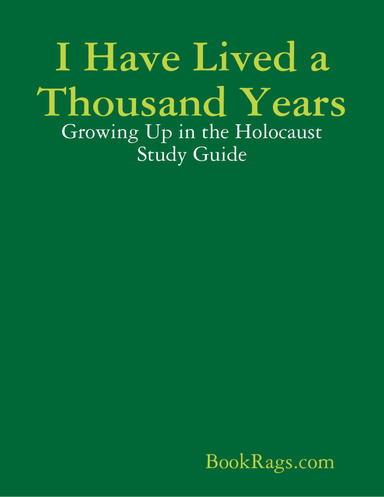

But the heavy Talmudic volumes left a residue, an inherited respect for textual interpretation that-reshaped into secularized form-led people like me to embrace the humanities, an arena in which the English Department held pride of place. None of this was part of my upbringing: most of it had been abandoned when my grandparents fled tsarist Lithuania, in the late eighteen-eighties, and settled in Boston. Theirs was an insular community in which sexual selection-for Darwin, a central motor of mammalian evolution-had for centuries favored slender, nearsighted, stoop-shouldered young men rocking back and forth as they pondered the complex, heavily annotated, often esoteric tractates of Jewish law. The highest status in their cultural world came not from wealth or power but from the possession of Talmudic knowledge. My grandparents were not indifferent to learning, but they were poor, and for them any learning that was not vocational was necessarily religious. A good thing, too, since my grandfather, a ragpicker, would have had difficulty mustering the will or the means to pay even the modest tuition fees then required. Though my father practiced law, he had attended law school just after serving in the First World War, when a liberal-arts degree was not yet a prerequisite. My mother, along with the other girls in her family, was expected to begin work as a secretary directly after high school. Neither of my parents had gone to college. I picked all this up within days of arriving in New Haven, but Yale was for me an unfamiliar country whose customs I knew that I could never master. This was still the era of what was called the “gentleman’s C.” To display too much interest in one’s studies or a concern for grades was distinctly uncool. For Jews, there was a numerus clausus, not even disguised by the convenient excuse of “geographical distribution.” And the whole system was upheld by a significant number of legacies, along with a pervasive air of privilege and clubbiness. It was difficult for the admissions office to identify Catholics, but applicants with conspicuously Irish, Italian, or Polish names were at a disadvantage. The Yale that I attended was overwhelmingly North American and white, as well as largely Protestant.

Among the undergraduates, there were only a handful of students from Asia, Africa, and the Middle East, and very few African-Americans, Asian-Americans, or Hispanics, unless one counted a couple of prep-school-educated heirs to grand South American fortunes. Women were not matriculated until five years after I had received my B.A. For a start, Yale College, which I entered in 1961, was all male. I attended university in a very different world from the one in which I now teach and live. Shakespeare imagined his way into the humanity even of his villains.


 0 kommentar(er)
0 kommentar(er)
